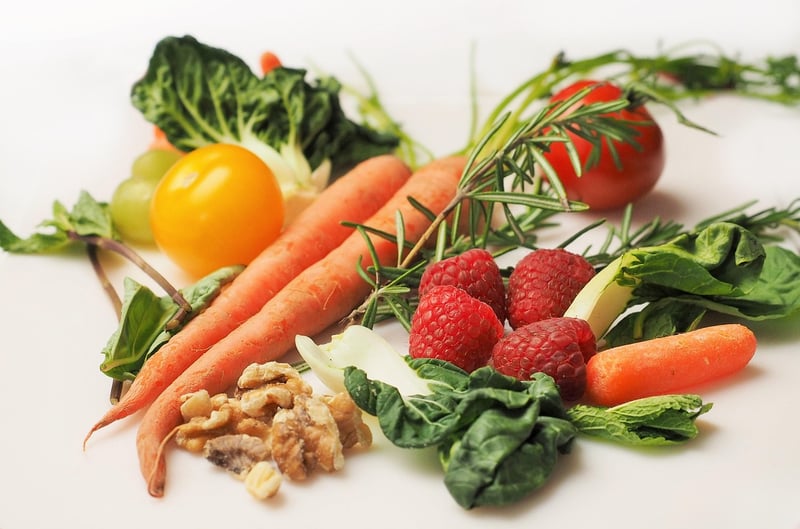Plant-based Options
The Essential Elements of a Plant-Based Diet
Switching to a plant-based diet can have numerous health benefits, including weight loss, improved heart health, and increased energy levels. To make the transition easier and ensure you're getting all the necessary nutrients, it's essential to understand the key elements of a plant-based diet.
1. Fruits and Vegetables
These should form the foundation of your plant-based diet. Aim to include a variety of colorful fruits and vegetables in your meals to ensure you're getting a wide range of vitamins, minerals, and antioxidants.

2. Whole Grains
Whole grains like brown rice, quinoa, oats, and whole-wheat bread are rich in fiber and essential nutrients. They can help you feel full and satisfied while providing sustained energy throughout the day.

3. Legumes and Beans
Legumes such as lentils, chickpeas, and black beans are excellent sources of plant-based protein, fiber, and iron. Including them in your meals can help you meet your protein needs and keep you feeling satiated.

4. Nuts and Seeds
Nuts and seeds are packed with healthy fats, protein, and essential vitamins and minerals. They make a great snack option and can be sprinkled on salads, oatmeal, or yogurt for added crunch and nutrition.

5. Plant-Based Protein Sources
While meat is a common protein source, plant-based alternatives like tofu, tempeh, seitan, and plant-based meat substitutes can provide ample protein for muscle repair and growth.

6. Dairy Alternatives
Swap out dairy milk for plant-based alternatives like almond milk, soy milk, or oat milk. These options are often fortified with calcium and vitamin D, making them excellent substitutes for traditional dairy products.

By incorporating these essential elements into your plant-based diet, you can enjoy a wide range of flavors and nutrients while reaping the many health benefits associated with plant-based eating.
